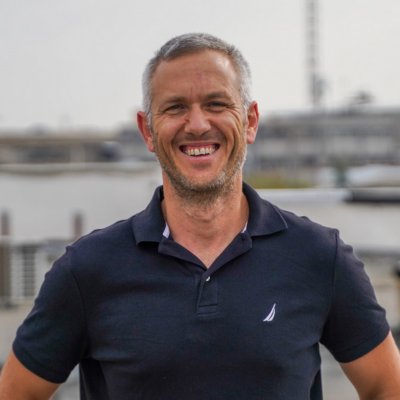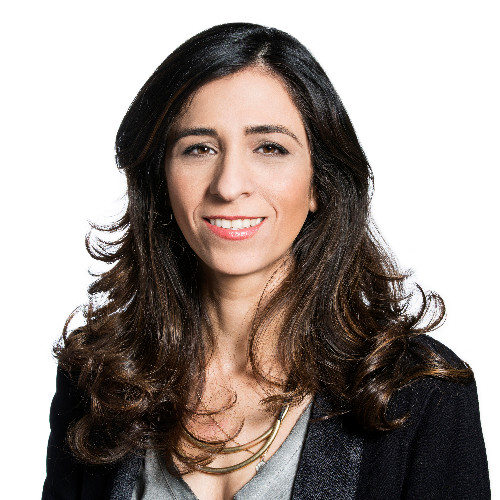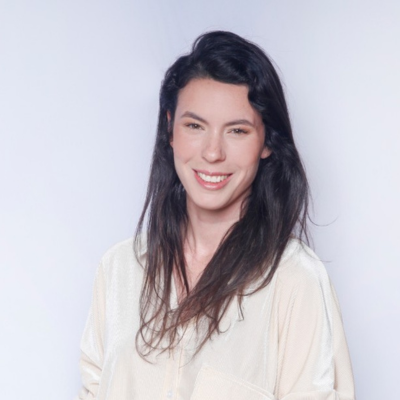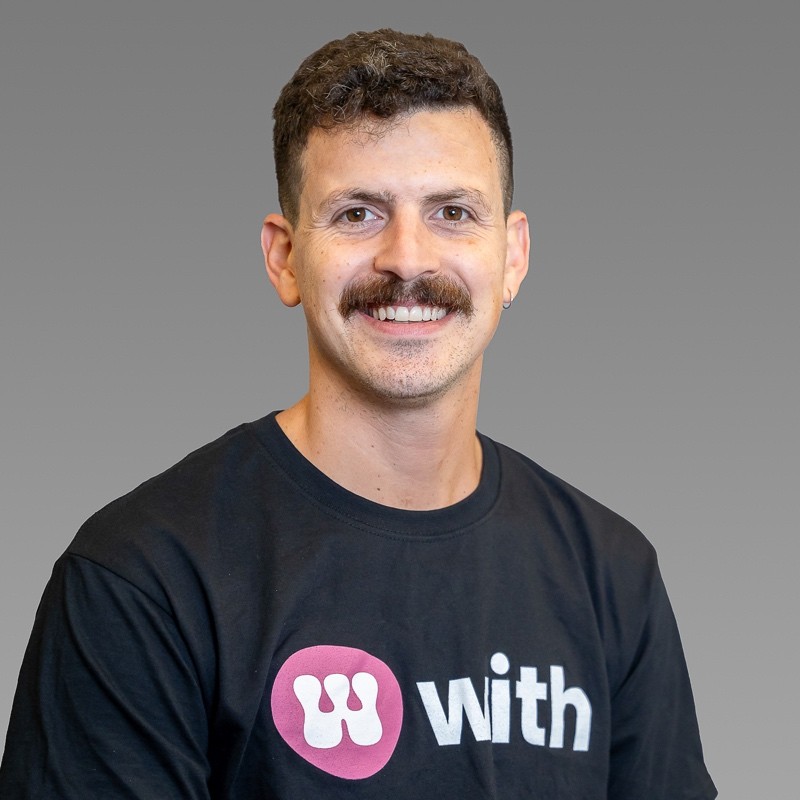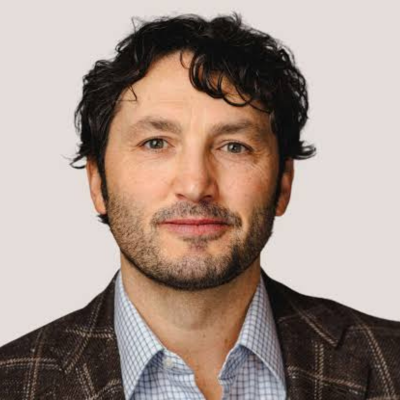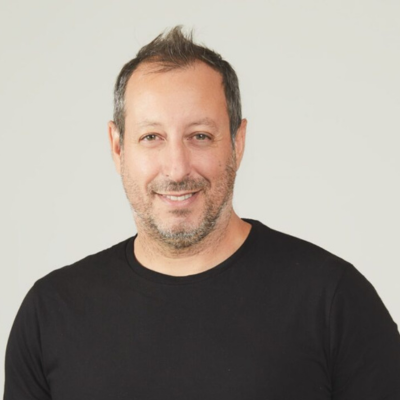As expected from any city somewhat committed to the future of its residents and environment, Ashdod has a solid sustainability vision. Located in the Southern District of Israel, on the Mediterranean, the city always seeks to tackle challenges both in the environmental and social spheres. This is exactly how an entire project, revolving around the empowerment of communities that are less visible, came into being.
The project initially set the spotlight on a few communities, providing them with an end-to-end solution for community engagement. The idea was to foster meaningful connections, create real-life engagement, and boost interaction among the city residents. One of those communities was Ashdod’s community of families with special needs, the “Mamash Community” (Stands for Special Families Ashdod in Hebrew). This is its story.

Challenge #1: Improve collaboration, communication, and participation
“Even before the project, there was a strong base of families who benefited from the city’s designated initiatives. Yet still, many families do not consume the services of the welfare department and the idea is to reach those families too”, says Or Lellouche, Head of Community Projects at Ashdod Municipality. “We are talking about a community that its members don’t have an efficient network for communication. Those who do interact, however, have seldom and irregular interaction, which is making any attempts of collaborating somewhat mission impossible”.
״Ashdod city is home to approximately 5000 families with special needs״. The need for these families to have a real community goes without saying. From joining their forces to promote common interests to sharing help and resources, or even just receiving and handing support. Giving them an option and the tools to realize their community potential was clearly an absolute necessity. “At the municipal level, we have decided to try and understand how we can establish something that better serves the needs of those families”.
“Most of the community engagement is done through a sole WhatsApp group, updates were being sent infrequently and were quickly disappearing in mountains of messages. Another unfortunate fact is that WhatsApp groups have a strict limit of 256 participants. So this is again a solution that is far from being perfect” says Dvori Tsur, Manager of the Mamash community and a Social Worker at Ashdod Municipality.
“In Ashdod, there are many families who have a child with a disability. Not everyone knows each other and the way to create a strong community goes through social activities with the families” Tsur adds.

Challenge #2: Centralize knowledge and activities in one place.
When using instant messaging systems there is no option of knowledge preservation, nor a place that centralizes information. Activities that may be of interest to the community members are not finding their way to the right eyes.
“We couldn’t ignore it. Lost were the contacts of adequate service providers like professional babysitters, information about city support initiatives, repetitive questions kept emerging, and valuable contacts were nowhere to be found” says Tsur.
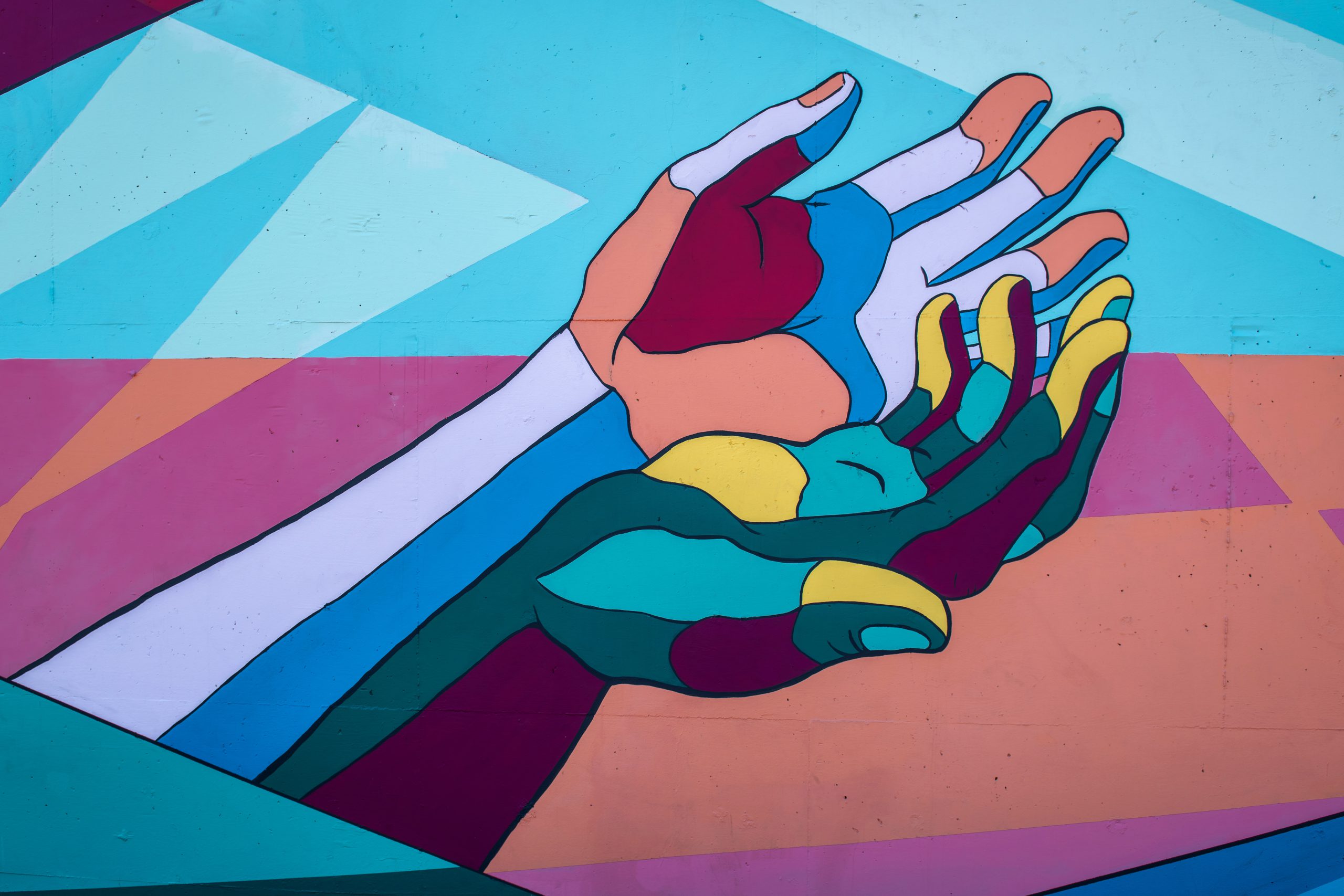
Challenge #3: Listening to the people & acting on it
Support and help are always more effective when the needs and requests are coming from the people. Collecting feedback, however, is only a first step. The flexibility to shape the community space in order to meet the needs of the specific community, and allow members to be real creators is the actual challenge. Municipalities cannot easily hire web developers and designers for everything. They have to consider every step because frequent trial and error is a luxury they can’t easily allow. Given this, it is easier to understand why bottom-up initiatives cannot always find their way to realization.
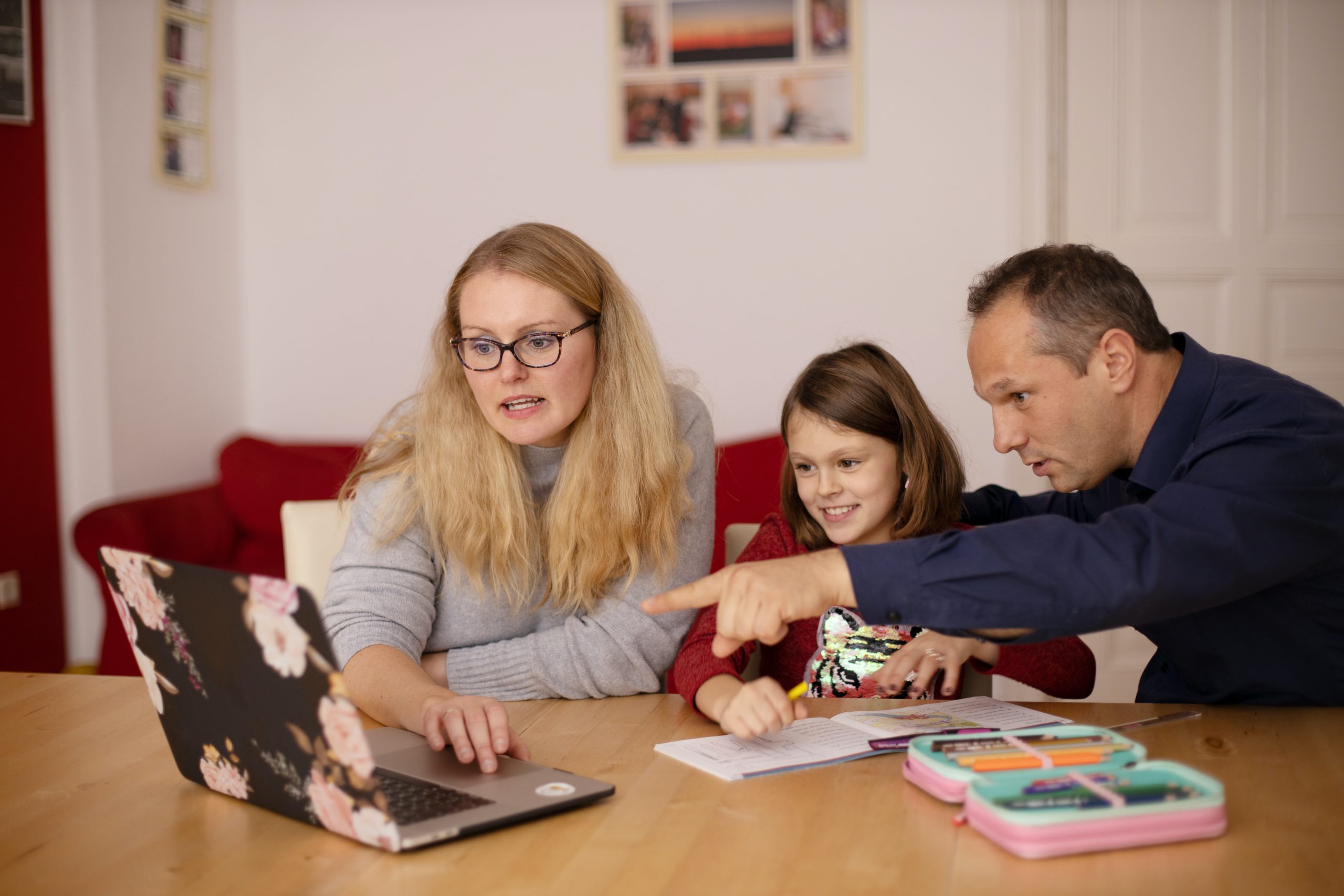
Building a home for the community using with
At this point, the Municipality and ‘The Families Center’ (‘The Center for Children and Adults with Special Needs) chose to implement with’s platform for the benefit of the “Mamash community”. A community engagement expert from with was assigned to assist the project and the goals were set. A digital home that centralizes all information and activities taking place in the city was integrated into Ashdod’s official website. The immediate focus was to strengthen emotional and community resilience. But it didn’t end there. Oh it did not.
With the automated branded chatbot, communication was made extremely simple. Sending reminders, confirmations, and QR codes on different channels while automatically creating WhatsApp groups for events. Engagement levels skyrocketed. “With the implementation of with, we started to see amazing progress. Friendships were formed and people participated in much more activities”, says Tsur.
Immediately after the community space was set, it started hosting various community activities and providing valuable resources and information. Guidelines regarding special relief in COVID-19 isolation restrictions for people with autism, training, and consulting sessions, field trips for special families, a soap-making workshop for brothers and sisters for children with special needs, and more. The new house was bustling with real-life community engagement.
“It gave the families a sense of independence and power. Soon enough we started receiving requests for initiatives coming from the families themselves. Mothers who did not know each other before became close friends and were able to break out of the cycle of loneliness. A loneliness that is very common in the case of families with children with special needs”, adds Tsur.

Expanding the space
In no time, a page dedicated to professional babysitting services was up and running. Young adults could independently create their babysitter profile, get approved, and receive requests. Consequently, parents seeking babysitting services could simply choose from a marketplace of young experienced professionals and contact them directly.
As the positive feedback kept rolling in, another space was added. It served to advertise the businesses of special families to empower, strengthen and raise awareness. Quickly parents and family members of people with special needs who have an independent business were offering their services. Families were able to take advantage of these services if necessary while demonstrating true communal local economy and solidarity.

Given the successful experience and the positive feedback from residents, Ashdod’s municipality has significantly increased its activity on with’s platform and built new homes for more communities in the city. From a space dedicated to “Young families” all the way to “Avocado”, Ashdod’s sustainability community, the city has helped its communities to finally have real-life engagement with their people. “It’s been a bumpy ride, but by using with‘s platform, we were able to get things going and see the positive impact with our own eyes”, concludes Lellouche.
Get real. Start doing things with.



